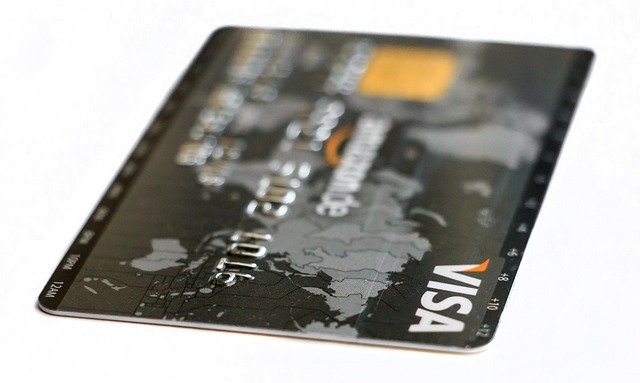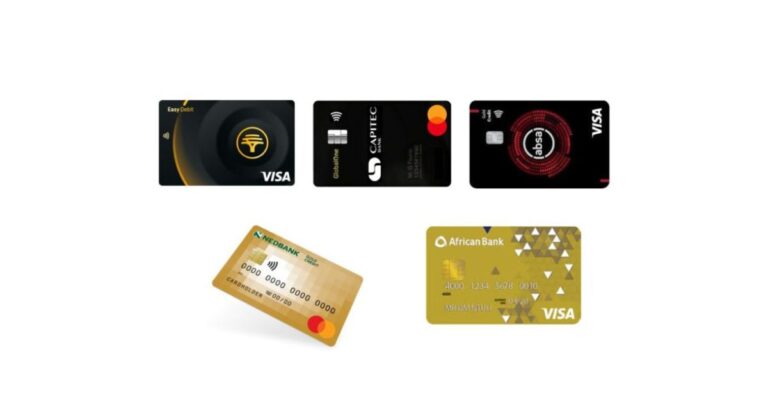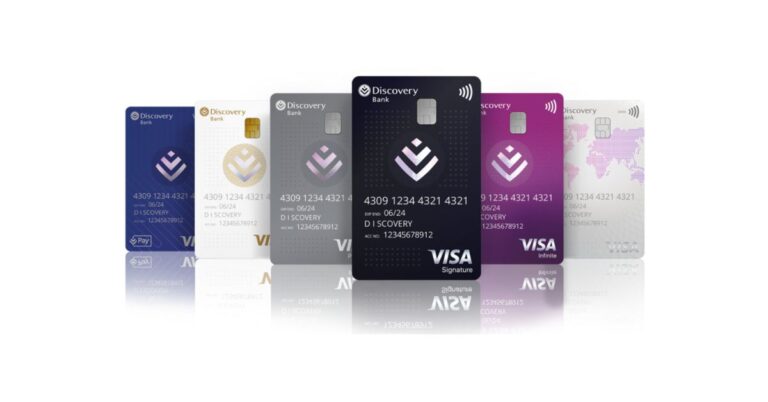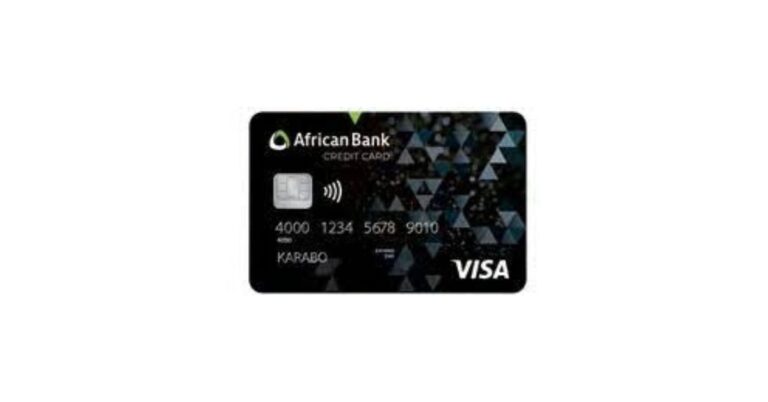Choosing the right credit card is crucial because it can help you save money and gain valuable benefits. A good credit card can provide rewards, cash back, and other perks that suit your lifestyle. This means you can earn more from your everyday spending and enjoy additional advantages.
On the other hand, a credit card with high fees or interest rates can cost you more over time. It’s important to avoid cards that have hidden costs or unfavorable terms. Picking a card with better terms can help you manage your finances more effectively.
By selecting a card that fits your needs, you ensure you get the most value from your spending. Take the time to compare options and choose a card that offers the benefits you’ll use most, so you can maximize your financial rewards.
Select Your Ideal Credit Card: Focus on Features That Matter Most
Choosing the right credit card can make a big difference in your financial life. Start by identifying which features are most important to you, such as cash back rewards, travel benefits, or interest-free days. By focusing on these key features, you can find a card that not only fits your spending habits but also offers the perks and benefits you’ll use the most.
Best Credit Cards for Low Credit Scores in South Africa
It’s totally possible to have a great credit card even with a bad credit score and we can prove it! Check out our list below and learn more!
You don’t need to search for the best deal on your own. We’re here to help. Keep reading to understand the details about credit cards and find the one that’s perfect for you!
Understanding How Credit Cards Work
Credit cards allow you to borrow money up to a certain limit for making purchases or withdrawing cash. When you use a credit card, the card issuer pays the merchant on your behalf, and you are expected to repay this amount. Your credit card statement shows your total balance, which includes all your purchases, fees, and interest charges if applicable.
Each month, you receive a statement detailing your spending and the minimum payment due. If you pay off the entire balance by the due date, you usually won’t be charged interest. However, if you only make the minimum payment or pay less than the full amount, interest will be applied to the remaining balance.
Credit cards also have a credit limit, which is the maximum amount you can borrow. Your credit limit is set based on your creditworthiness, income, and other factors. Staying within this limit and making timely payments helps maintain a good credit score and avoid over-limit fees.
In addition to managing your spending, credit cards offer various benefits such as rewards, cash back, and travel perks. Understanding how your card works and its features can help you use it effectively and make the most of its benefits.
Key Credit Card Benefits to Consider
When choosing a credit card, consider benefits like interest-free days, cash back, and travel insurance. Look for cards with discounts, travel perks, and welcome bonuses. These features can help you get the most value from your card.
Interest-Free Days
Interest-free days are periods when you can avoid paying interest on your purchases if you pay off your balance in full by the due date. For example, if your credit card offers 55 interest-free days, this period includes the time between the start of your billing cycle and the payment due date. To make the most of this feature, aim to pay off your balance in full each month. This strategy helps you avoid interest charges and manage your finances effectively.
Cash Back
Cash back programs reward you with a percentage of your spending returned to you. There are different types of cash back programs, such as flat-rate (a set percentage on all purchases) and category-specific (higher percentages in specific categories like groceries or gas). To maximize your cash back rewards, use your card for purchases in categories that offer higher returns, and keep track of any rotating categories or promotions.
Travel Insurance
Many credit cards come with travel insurance coverage, which can include trip cancellation, lost luggage, and medical emergencies. This is especially valuable for frequent travelers who may face unexpected issues while abroad. Review your card’s insurance benefits to understand what’s covered and ensure you have adequate protection for your trips.
Discounts and Deals
Credit cards often offer discounts and deals on various purchases, such as shopping, dining, and entertainment. These offers can be found through the card issuer’s website or mobile app. To make the most of these discounts, regularly check for new deals and use your card to take advantage of savings on your everyday spending.
Travel Benefits
Travel perks like lounge access, priority boarding, and travel concierge services can enhance your travel experience. These benefits are particularly valuable for frequent flyers, as they can make travel more comfortable and convenient. Check your card’s travel benefits and use them to improve your journey and streamline your travel plans.
Welcome Bonuses
Welcome bonuses are incentives offered when you sign up for a new credit card and meet certain spending requirements. These bonuses can include points, cash rewards, or other benefits. To earn the welcome bonus, ensure you understand the spending threshold and plan your purchases accordingly to meet the requirements without overspending.
How to Improve Your Credit Score
Discover practical tips to improve your credit score. Learn how paying bills on time, reducing credit card balances, and more can boost your financial health.
Types of Credit Cards

Credit cards come in several types, each offering distinct features:
- Standard Credit Cards: These are basic cards with a credit limit and typical benefits like monthly statements and interest-free days. They are suitable for everyday spending.
- Rewards Credit Cards: These cards offer points or cash back on purchases. Rewards can be redeemed for travel, merchandise, or statement credits, making them ideal for those who spend regularly.
- Travel Credit Cards: Designed for frequent travelers, these cards provide benefits like travel insurance, lounge access, and discounts on flights and hotels. They help make traveling more comfortable and affordable.
- Premium Credit Cards: These cards come with high credit limits and exclusive perks such as concierge services, luxury benefits, and higher rewards rates. They are tailored for those who want added benefits and higher spending power.
- Business Credit Cards: Intended for business expenses, these cards offer features like expense tracking, higher credit limits, and rewards on business-related spending. They help manage and streamline business finances.
- Student Credit Cards: Specifically designed for students, these cards usually have lower credit limits and fewer fees. They help students build credit while managing small, manageable expenses.
How Does a Credit Card Affect Your Credit Score?
A credit card can have a significant impact on your credit score, either positively or negatively, depending on how you manage it:
- Payment History: Timely payments on your credit card boost your credit score, while late or missed payments can lower it. Payment history is the most important factor in determining your credit score.
- Credit Utilization: This refers to the percentage of your available credit that you’re using. Keeping your credit utilization low (below 30%) positively impacts your score, while high utilization can hurt it.
- Length of Credit History: The longer you’ve had a credit card, the more it can benefit your credit score. A longer credit history shows lenders that you have experience managing credit.
- New Credit Applications: Every time you apply for a new credit card, a hard inquiry is made on your credit report, which can temporarily lower your score. Multiple applications in a short time can have a greater negative effect.
- Credit Mix: Having a variety of credit accounts, such as credit cards and loans, can improve your credit score. A diverse credit mix shows that you can manage different types of credit responsibly.
Overall, using your credit card responsibly making payments on time, keeping your balances low, and maintaining a long credit history can help build a strong credit score. Mismanaging your card, however, can have the opposite effect, leading to a lower score.
What It Takes to Get Approved for a Credit Card
Getting approved for a credit card requires meeting certain criteria set by the issuer. Here’s what it typically takes:
- Credit Score: Lenders usually check your credit score to assess your creditworthiness. A higher score increases your chances of approval, but some cards are available for those with limited or poor credit history.
- Income: You’ll need to provide proof of income to show that you can repay the credit card debt. Lenders want to ensure you have a steady source of income, whether from employment, investments, or other sources.
- Age: You must be at least 18 years old to apply for a credit card. If you’re under 21, you may need to show proof of independent income or have a co-signer.
- Employment Status: While not always required, some credit card issuers may consider your employment status as part of the approval process, especially for premium cards.
- Residency Status: Most credit card issuers require applicants to be residents or citizens of the country where they are applying. You may need to provide a valid ID, proof of address, or residency documents.
- Existing Debt: Lenders may review your current debt levels to ensure you’re not overextended. High debt relative to your income might reduce your chances of approval.
Meeting these requirements can help you get approved for a credit card that suits your needs and helps you build your credit responsibly.
Compare the Best Savings Accounts in South Africa
Discover the top savings accounts in South Africa with the best interest rates and features. Compare your options and choose the perfect one for your financial goals.
Tips for Applying for a Credit Card
Understanding your creditworthiness and choosing the right card are crucial steps in the credit card application process.
Before Applying
- Check your credit score: A good credit score increases your chances of approval. You can check your credit report for free from credit bureaus in your country.
- Determine your needs: Consider your spending habits and what you want to get out of a credit card (rewards, balance transfers, cash back, etc.).
- Compare cards: Research different credit cards to find one that aligns with your needs and budget. Compare interest rates, fees, and rewards.
- Avoid multiple applications: Applying for too many credit cards at once can negatively impact your credit score.
Application Process
- Be accurate: Provide correct and complete information on your application.
- Authorize credit check: Be prepared for a credit check as part of the application process.
- Read the terms and conditions: Understand the card’s benefits, fees, and interest rates before accepting.
After Applying
- Monitor your application: Keep an eye on your application status and be prepared to provide additional information if needed.
- Understand your credit limit: Be aware of your credit limit and use your card responsibly.
- Pay on time: Consistent on-time payments help build a positive credit history.
Additional Tips
- Build a strong credit history: Pay bills on time, avoid excessive debt, and maintain a good credit utilization ratio.
- Consider a secured credit card: If you have limited credit history, a secured credit card can help build your credit.
- Read reviews: Look for reviews of credit cards to get insights from other users.
By following these tips, you can increase your chances of getting approved for a credit card and using it responsibly.


